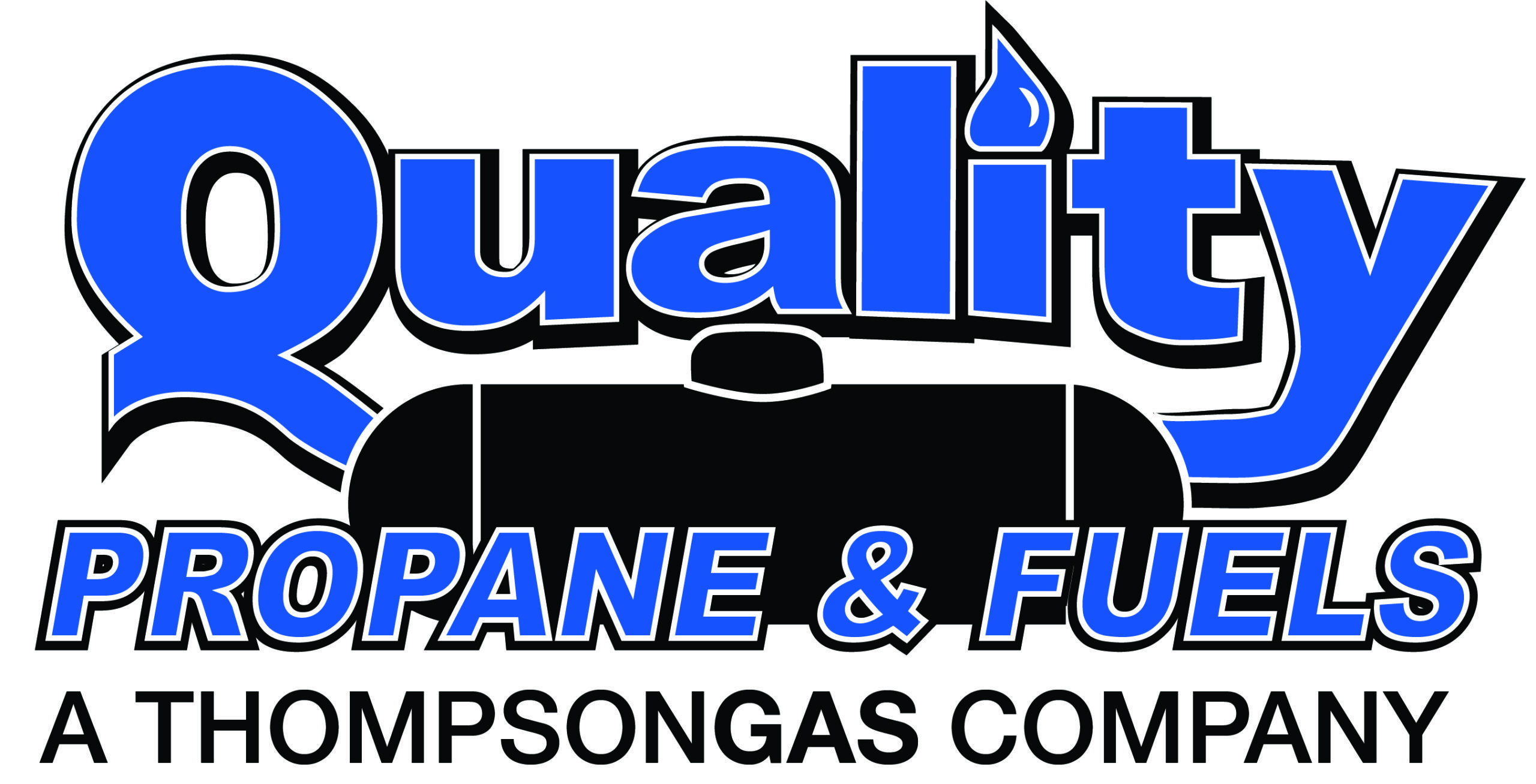FAQ
Do propane prices change?
The market responds quickly to any situation that might affect supply or demand. Some examples are unexpectedly cold or warm weather, supply interruptions, or excess production. These can cause for volatile prices. To protect you against the volatile market, we encourage our Pre-Buy or Level Pay programs.
Why isn’t my tank filled to 100%?
Your propane fuel is delivered and stored in liquid form. Propane as a liquid will expand nearly 17 times more than water at the same temperature increase. As a result, tanks and cylinders are never completely filled. Tanks are filled to 80-85% of their capacity, leaving room for expansion if the temperature changes.
Why does my gauge fluctuate?
The temperature changes such as hot days, cool nights, rain, and snow are a few of many factors that cause fluctuations. Propane expands in the heat, so it is very common for the gauges to fluctuate 5-10% if the temperature changes.
How do I determine how much propane is left in my #20 cylinder?
On the side of each propane cylinder is a stamped Tare Weight (TW), this is the weight of the cylinder when it is empty. Take your cylinder off from your grill and place it on a scale. The total weight determined by the scale, minus the tare weight of the cylinder give you the pounds of propane remaining in your cylinder.
Why does my grill have a very low flame at times?
The new style of Overfill Protection Device valves have an excess flow safety feature built-in that limits the amount of propane allowed to escape the tank. Sometimes, the excess flow can slug shut if the grill valve has been turned on before the valve on the tank has been turned on or if the valve is opened too quickly. Simply shut off all off the valve on the tank, wait for 10 seconds, and start over. Turn the tank valve on very slowly, turn the grill valve, and light the grill.
Why do I have to have a leak test?
Leak tests are required when the flow of gas was stopped for any reason including if you ran out of gas or have an empty propane tank. No matter what the temperature is or how busy we are, if your propane tank is out of gas a leak test is required.
The law NFPA 54 (2006), 8.2.3 states… “Immediately after the gas is turned on into a new system or into a system that has been restored after an interruption of service, the piping system must be tested for leakage. If leakage is indicated, the gas supply must be shut off until the necessary repairs are made.”
Not only is the leak test required by law, but it also gives you peace of mind that your system is operating safely.
Signup for automatic delivery to ensure you never run out of propane.
What is a propane leak test?
All propane piping, connections, and fittings are threaded so they connect easily. They are also coated with a pipe joint compound that lubricates the fittings. During normal usage, the propane system maintains a constant pressure. The pipe joint compound expands to accommodate this pressure and retracts if pressure is lost. This compound dries over time, and if your system looses pressure it may be susceptible to leaks. The leak test simply tests the integrity of the pipe joint compound.
